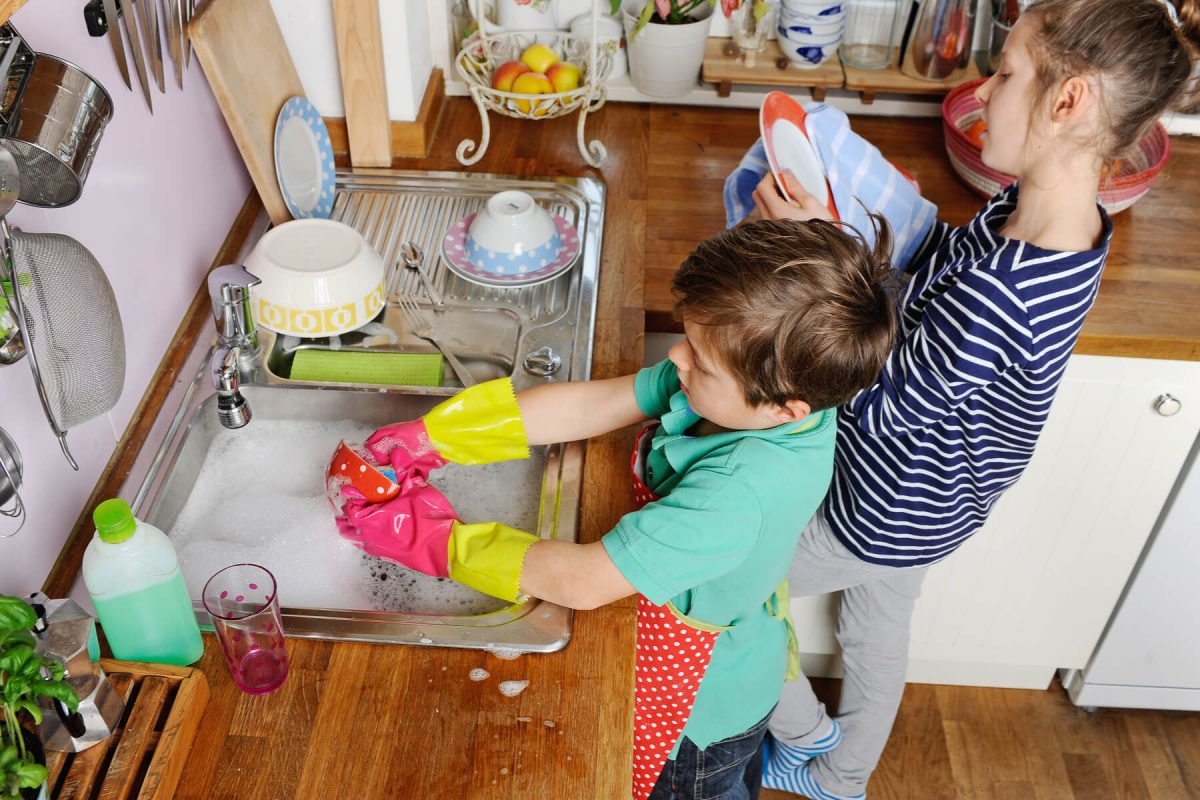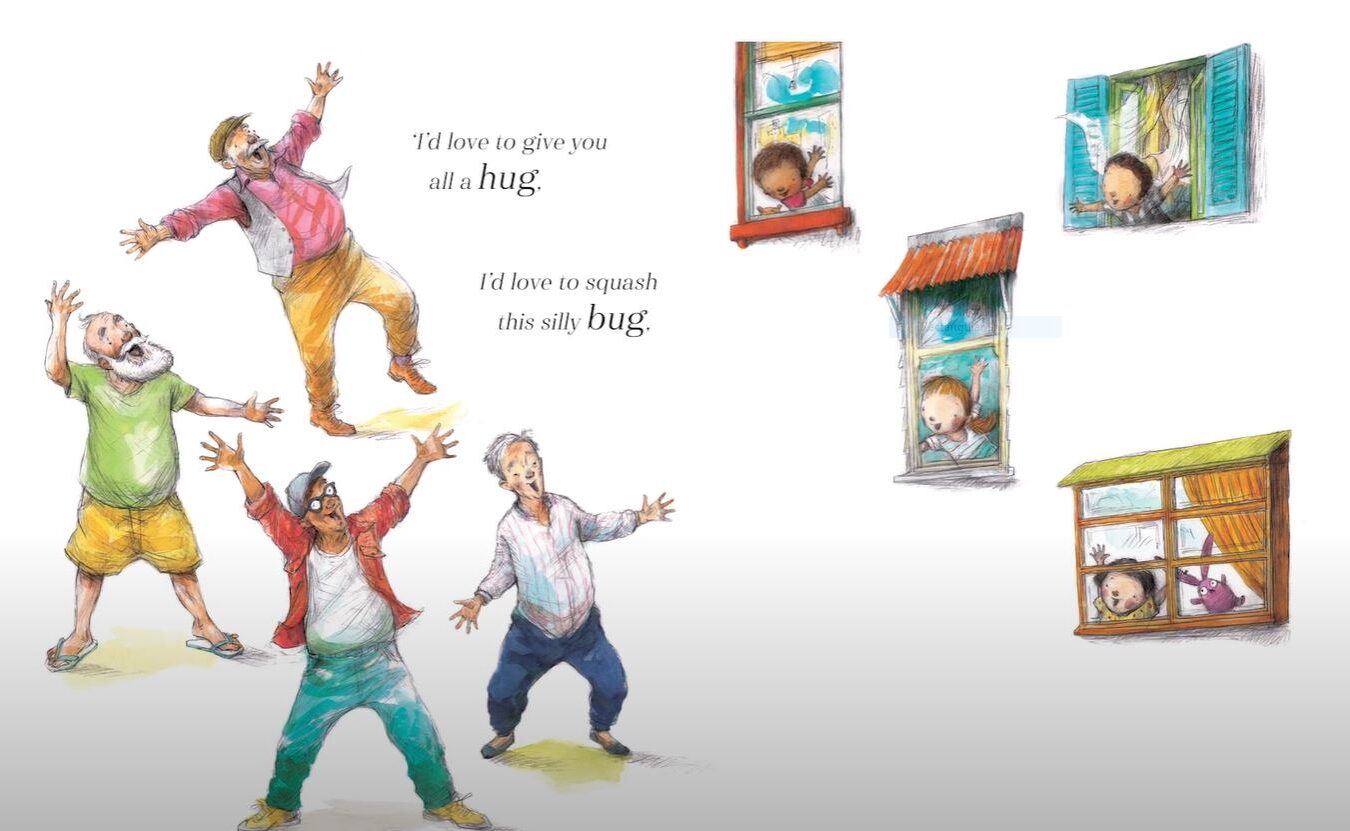
Teaching kids about money, why teens should have a say about COVID vaccines, and alarm over apps getting kids' data.
Our selection of thought-provoking and useful resources from around the web on educating and raising children, and supporting families.

Buy now, and we will all pay later
(Nicola Philp, The Age)
We know there is a strong link between money lessons children pick up at home, and what behaviours they take into adulthood.
The author looks at her own children, who are, as she writes, like many Australian kids: they are ‘wanty’ rather than needy.
In the age of tap and pay, and buy now pay later, it’s a challenge to instil good money attitudes and practices in kids, and learn spending habits that make sure they are in control.
The author offers some sensible advice:
‘My philosophy with regards to my children’s money sense has always aimed to be one where they don’t get what they ask for, as soon as they want it.
‘Where they have to do chores to earn pocket money and where they learn to buy secondhand things, or wait long enough that they realise they don’t actually really covet the thing as much as they thought they did.’
Related post: Best of the Web: Happy kids do chores
Read the full article
Teens should have a say in whether they get a COVID vaccine
(Melissa Kang, Christyn Davies and Rachel Skinner, The Conversation)
As the Delta strain of COVID sweeps through the country, a worrying development is the number of children and teens being affected.
This has led to a public discussion about vaccinating young people. The authors report that Australia’s drug regulator, the Therapeutic Goods Administration, may soon approve the Pfizer and Moderna COVID vaccines for young people aged 12-15.
‘If the vaccines are approved for this age group, how might we undertake mass vaccination of adolescents in Australia?’ they write. ‘And who will be involved in decisions about consent?’
The authors argue that we need to work with young people, improving their understanding of vaccination, and also acknowledge their legal right to consent when competent to do so.
Read the full articleThe popular apps getting children to agree to be spied upon
(Andrew Taylor, The Sydney Morning Herald)
This is a concerning report on children signing up to popular apps, that in turn monitor their emails, watch the websites they visit, and share their data with advertisers.
An analysis by a data protection group Reset Australia looked at digital platforms and found most children did not and could not understand the complex terms and conditions of apps.
Nine out of 10 terms and conditions required a university degree to understand them, while one required a ‘late high school’ reading age.
There are calls for better protection of children, including a children’s data code and new, stronger regulations.
Related post: Virtual Childhoods: Download your free ebook on keeping kids safe online
Read the full article
Subscribe to The Parents Website


